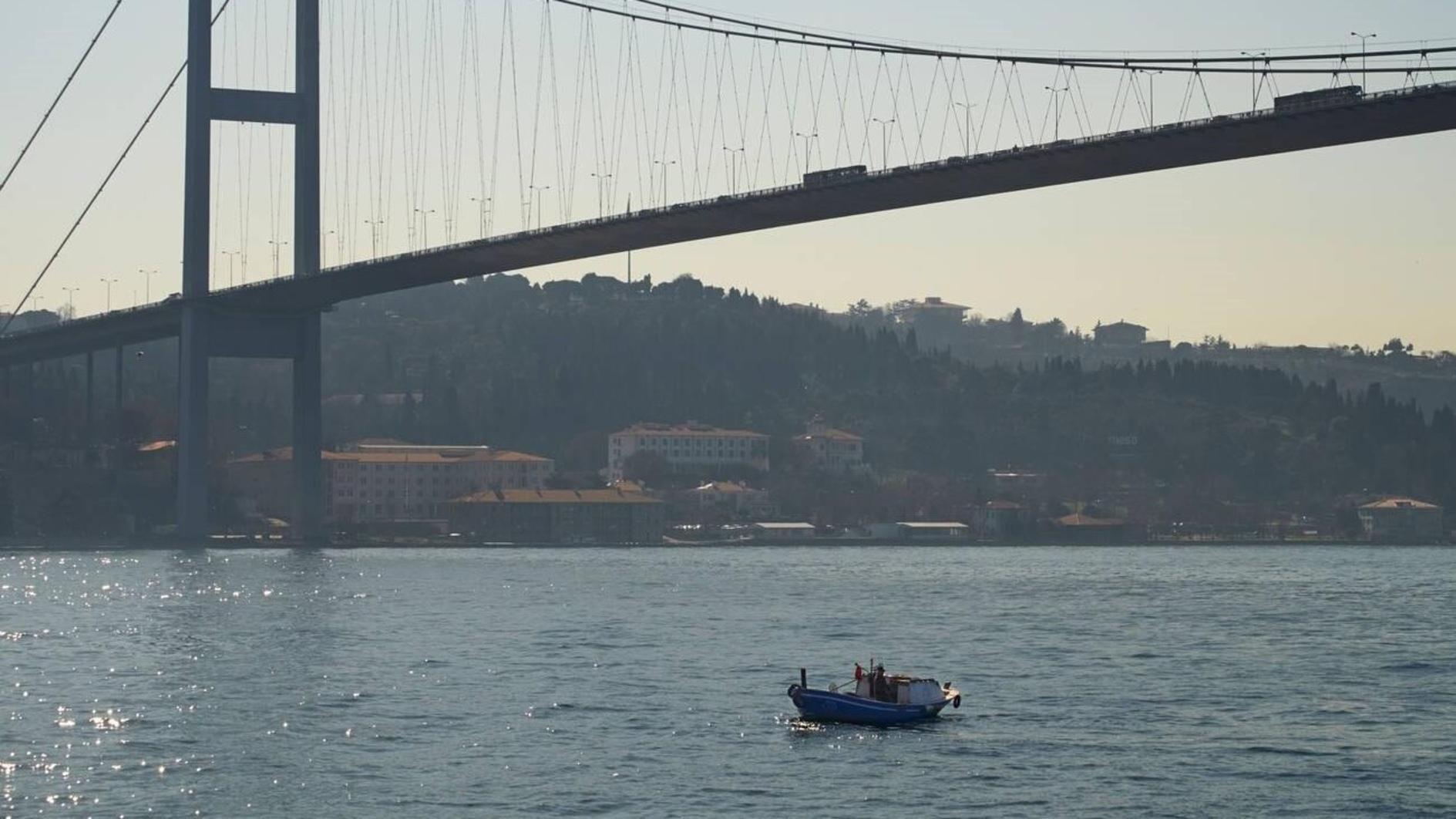Marmara Sea in state of 'coma': Study
ISTANBUL

The vicious cycle created by high seawater temperatures, deoxygenation and pollution has driven the Marmara Sea into a state of "coma," according to research led by the Middle East Technical University’s (ODTÜ) Institute of Marine Sciences.
The first phase of the research conducted by ODTÜ has recently concluded after eight scientists worked meticulously for four days in the Marmara Sea.
The scientists put their focus on factors such as temperature, pollution, oxygen level and current direction, along with various other parameters.
“The first findings indicate that especially the oxygen level is not positive at all. There is a serious oxygen depletion excluding the first 30 meters of the sea’s depth,” Professor Dr. Mustafa Yücel from the research team stated in an interview with state-run Anadolu Agency. "The oxygen levels drop to what is known as the ‘hypoxia threshold’ beyond the first 30 meters, reaching a point where fish cannot survive."
Yücel further stated that at depths of 150 to 200 meters, the oxygen levels drop so low that the research team struggled to even measure them.
The professor pointed out that critically high seawater temperatures are a key factor in this issue, noting that the sea has become especially warmer this year compared to previous years, setting a new record.
“The numbers we measured from last year's voyage in September have already been surpassed. We anticipate that this number will rise during the summer,” he explained.
According to Yücel, water from the Mediterranean Sea entering the Marmara Sea from depths ranging 600 to 800 meters provided a "breath of fresh air" and somewhat increased oxygen levels, particularly in the eastern Marmara, in the past. However, they did not observe such an occurrence this time, as high sea temperatures may have prevented it from happening.
He also pointed out that the sharp increase in seawater temperatures leads to reduced oxygen dissolution and contributes to worsening pollution.
"We've gathered a lot of data in the last few years so I can talk with great clarity. Nitrogen and phosphorus pollution are steadily increasing in the Marmara Sea. The sea witnesses a very dangerous biological production scenario,” he said.
Highlighting that a major part of the problem stems from agricultural runoff and untreated, poorly treated, or extremely inadequately untreated wastewater entering the Marmara Sea, Yücel called on authorities to urgently implement an effective solution.
















